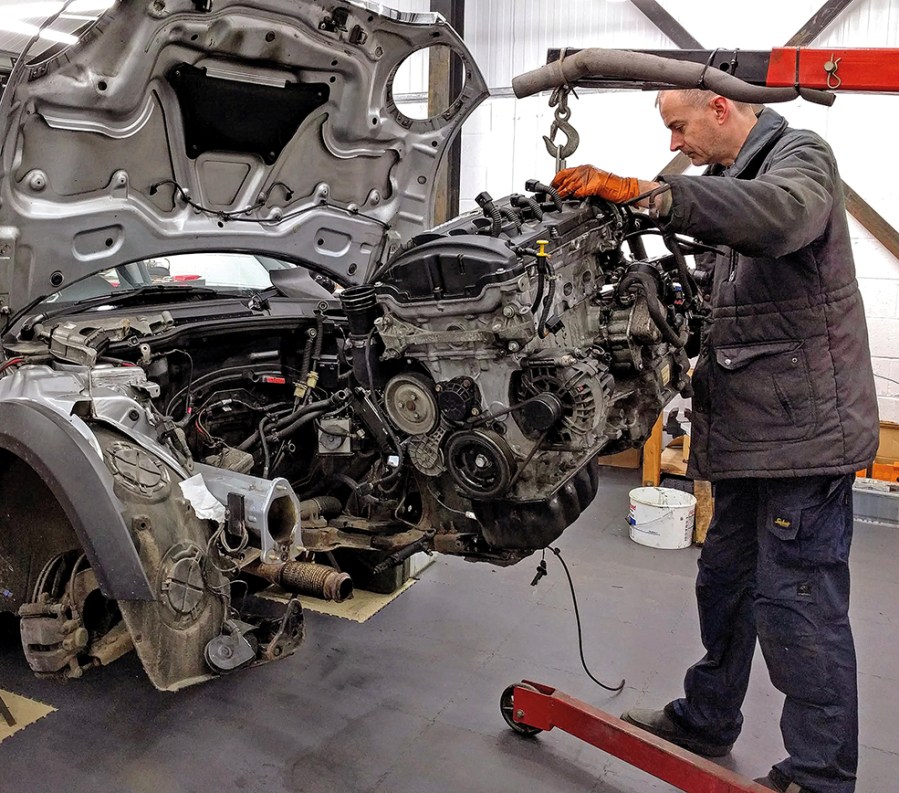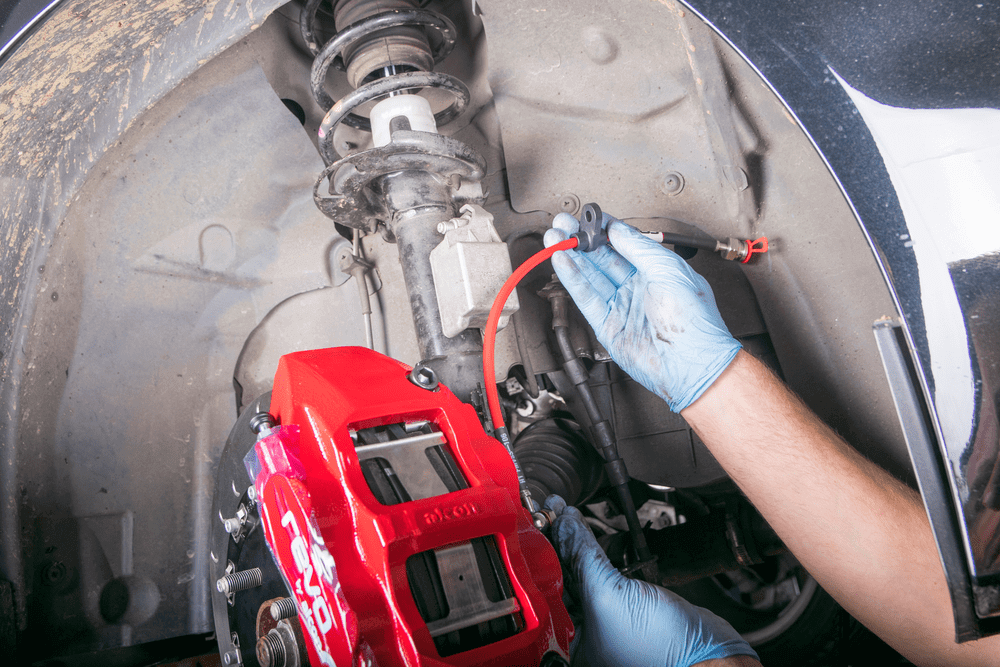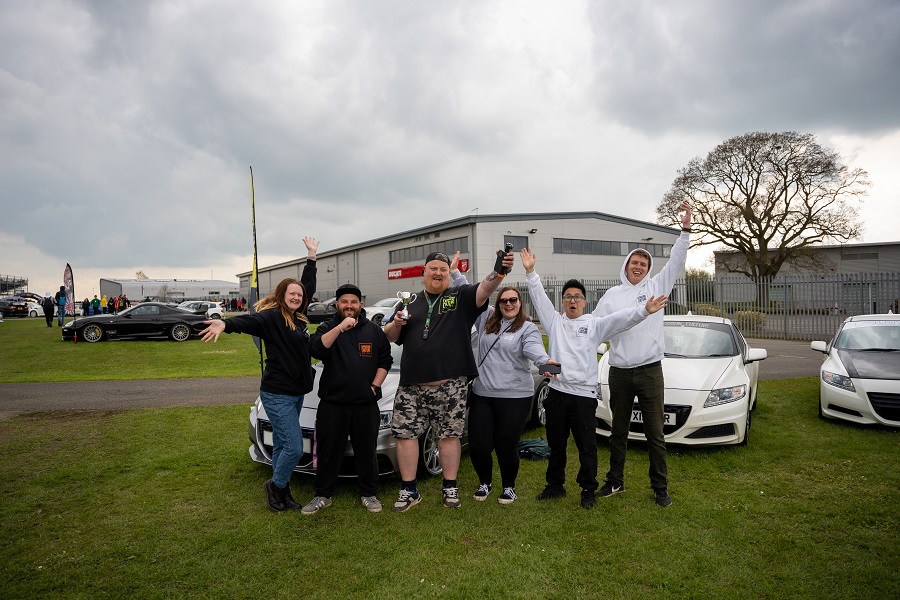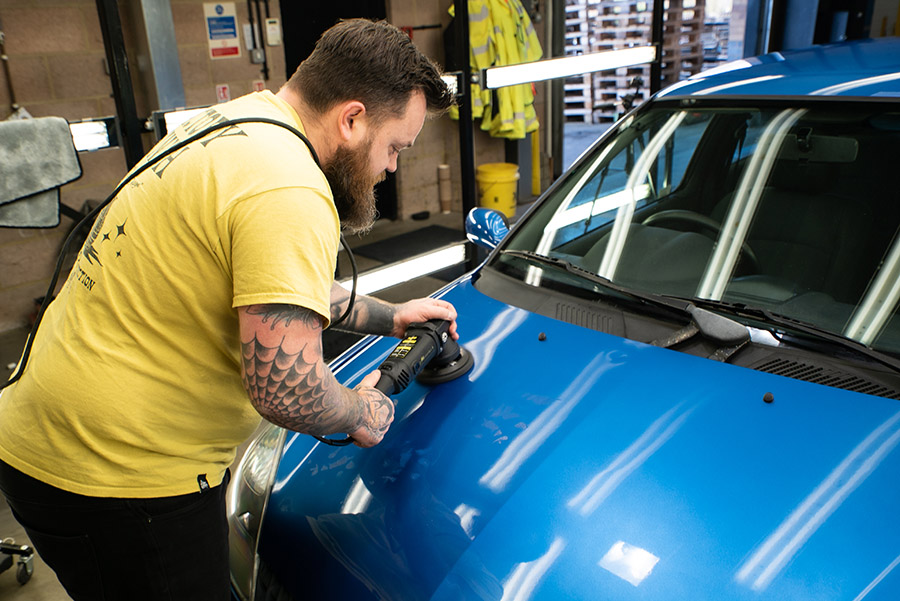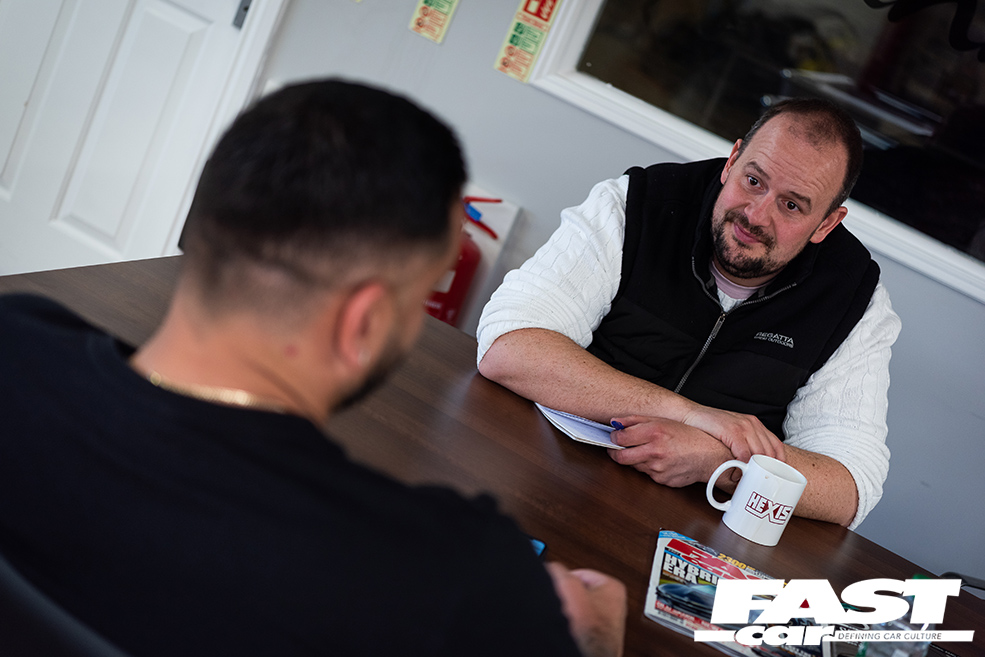Tinkering in an engine bay. Swinging spanners. The satisfying click of a ratchet drive. The smell of fuel. The purr of the engine… For car enthusiasts, working on our pride and joy is more than just a mechanical routine. It’s a form of therapy that revitalises our minds and boosts our mental health.
The modern world is a scary place. Or, at least it can appear so. With our faces constantly stuck in mobile phones mindlessly scrolling social media, we’re continuously drip-fed bad news. Horror stories about wars. Doom about the economy. Scares about health pandemics. It can all get pretty depressing.
But that’s where having a passion for cars can really help. Think of it as meditation for petrolheads. It offers a welcome break from all the doom and gloom of modern society. Putting down the mobile phone and picking up the spanners is a great way to improve mental health.
Although campaigns like World Mental Health Day in October and Mental Health Awareness week mean awareness surrounding mental health is getting better, there is still something of a stigma surrounding the words “mental health” that we tend to shy away from, especially blokes.
Dealing with mental health is something we all do, whether we realise it or not.
Mindfulness and Relaxation in the Garage
Mindfulness is a practice that has gained popularity in recent years, and for good reason. It offers a way to calm the mind and focus on the present moment. But did you know that working on cars can also provide a similar sense of mindfulness?
When you immerse yourself in the world of cars, your mind shifts away from the worries of daily life. The sounds, smells, and tactile sensations of working with tools and engines engage your senses, bringing you into the present moment.
Whether it’s fixing that annoying fault or taking the tuning to the next level, the methodical process helps reduce overall levels of stress and creates a sense of relaxation. We become fully absorbed in the task at hand, leaving no room for intrusive thoughts or negative emotions.
More than that. It can boost our mood too. Carl Norton from Fix Auto UK, the country’s largest network of independently owned vehicle repair centres, is a trained mental health first-aider, and recognises how spending a few hours in the garage can result in good mental health.
He says: “Having a positive outlet cannot be understated when dealing with the pressures of everyday life, and can make all the difference in difficult times. Simply having a designated place, such as a garage, where you are immune to these ties for a short while is critical in upholding your mental health long term.”
Connecting Through Car Culture
But cars aren’t a solo hobby, and by nature, we are social creatures. Whether it’s working in the garage with a friend or family member, or meeting up with mates at events, this hobby is best shared with fellow enthusiasts. Guided by a common interest, we engage in conversations that both celebrate victories and provide support in difficult situations.
Carl often highlights the power of communication in his courses. He says “I have trained more than 100 people in the car repair industry for Fix Auto UK, and one of the first things I say is that simply engaging in conversations with others benefits both yours and the recipient’s mental health. Additionally, finding those with like-minded interests can be the critical first step in feeling confident enough to reach out to someone if you need support.”
In essence, our toolboxes provide a safe environment away from the daily grind in which we can look out for one another. It is only in this safe environment that meaningful conversations surrounding mental health can blossom, so forget about that important email, call your mate and get on the spanners.
What Are The Signs of Mental Health Problems?
Abrupt mood swings, social withdrawal, or persistent expressions of sadness could all be a sign of underlying mental health challenges. As much as looking out for your mental health, it is also important to keep an eye on your mates.
When we notice these signs in someone we know, we need to be brave enough to show support and compassion. A gentle inquiry or a simple invitation to grab a spanner or a beer together can make a huge difference.
“When the check engine light comes on in your car, anyone in their right mind would stop to investigate the issue. All the same, to someone who has never driven a car before, their initial reaction would probably be one of panic and confusion. This can be applied to signs of mental ill health, and by simply learning some key indicators of when someone isn’t feeling their best, most will feel equipped enough to be active and reach out,” Carl explains.
It’s Good to Talk
Ask any expert, and they will tell you that one of the best ways to improve mental health is simply talking. We’re not suggesting that you pretend to be a therapist. Far from it. But you’ll be surprised how much difference a seemingly trivial conversation can make.
And chatting is something we can all do. Let’s face it, we do it all day when we’re stood around at a car meet. So, the next time you’re working on your car and one of your mates seems a bit off, don’t just ignore it. Keep an eye on them. And don’t be afraid to check they’re ok.
Carl says: “We recently hosted Tea & Talk sessions to encourage our repairers to be more open about their health over a cup of tea. The same can be applied in a personal sense. If your friend is showing signs of mental ill health, simply turning up with a box of biscuits and open ears could prove invaluable to them in the long run.”
Modifying Cars to Improve Mental Health
Our passion for cars is a powerful tool in the fight to escape the doom and gloom that we’re subjected to on social platforms and in the news. The positivity, enthusiasm and excitement we enjoy when messing about with cars are fantastic for boosting our quality of life and improving mental health. Want a real-life example – read our full feature on how Mica Dori’s modified Mercedes 190E helped her through dark times
Modifying cars also provides the perfect opportunity to look out for our mates too. So, make sure you use it. We are all one big car family, after all.

